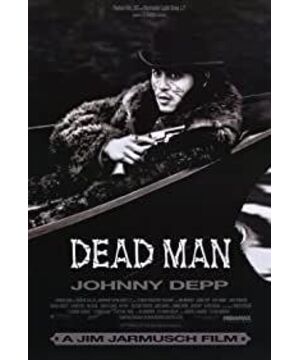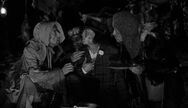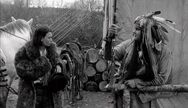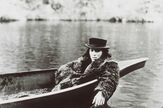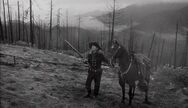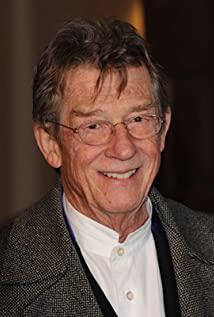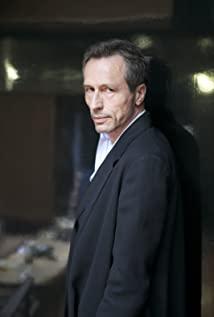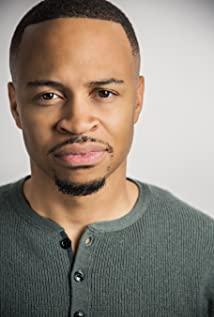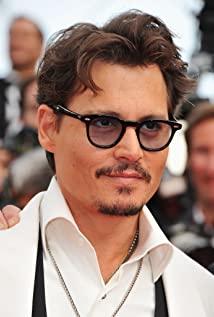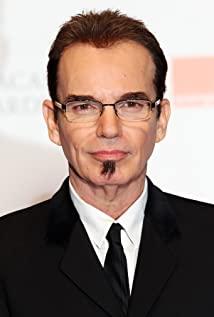"The Dead" allegorically reflects on the various colonial behaviors of Western civilization in the early days of the founding of the United States. At the beginning of the film, the scene from outside the train and the change of characters across Depp symbolizes Depp's journey from civilization back to the original, and it is also a journey to death. In that small town that condensed the image of the United States, people were portrayed as savages and pioneers of the West. The metal factory embodies the contradictory relationship between primitive and civilization, and between machinery and nature. The movie's protagonist William Blake has the same name as a poet, and the contrast between civilization and violence reflects the difference between European culture and American culture. The Indian Nobody, an educated barbarian, made endless mockery of white people and white civilization in the image of a wise man. The metaphorical image of the killer in police uniform who killed his companions to eat meat is self-evident. This movie is full of metaphors and symbolism. Especially in two details, Depp killed a pair of twins. After death, an overhead shot, two identical profile faces, and a branch under the head forming a ray of light. One did not, just to confirm William Blake's poems (to the effect that one was born in the morning sun and the other was born in the dark night). At a goods exchange station, the priest bought and sold goods (guns, gunpowder, etc.) with serious racial discrimination. The sign "work out your own salvation" was hung on the door, and Depp's salvation method was to kill the priest. At the end of the film, Depp enters the Indian tribe under Nobody's guidance. The film is extremely mysterious and original. Finally, Depp lay on the boat and floated into the ocean, returning to the home of his soul. The film’s simple style, mysterious atmosphere, perfect and metaphorical composition, desolate and vicissitudes of music, and philosophical dialogue are the highest peaks of Jamux’s work so far.
View more about
Dead Man reviews


